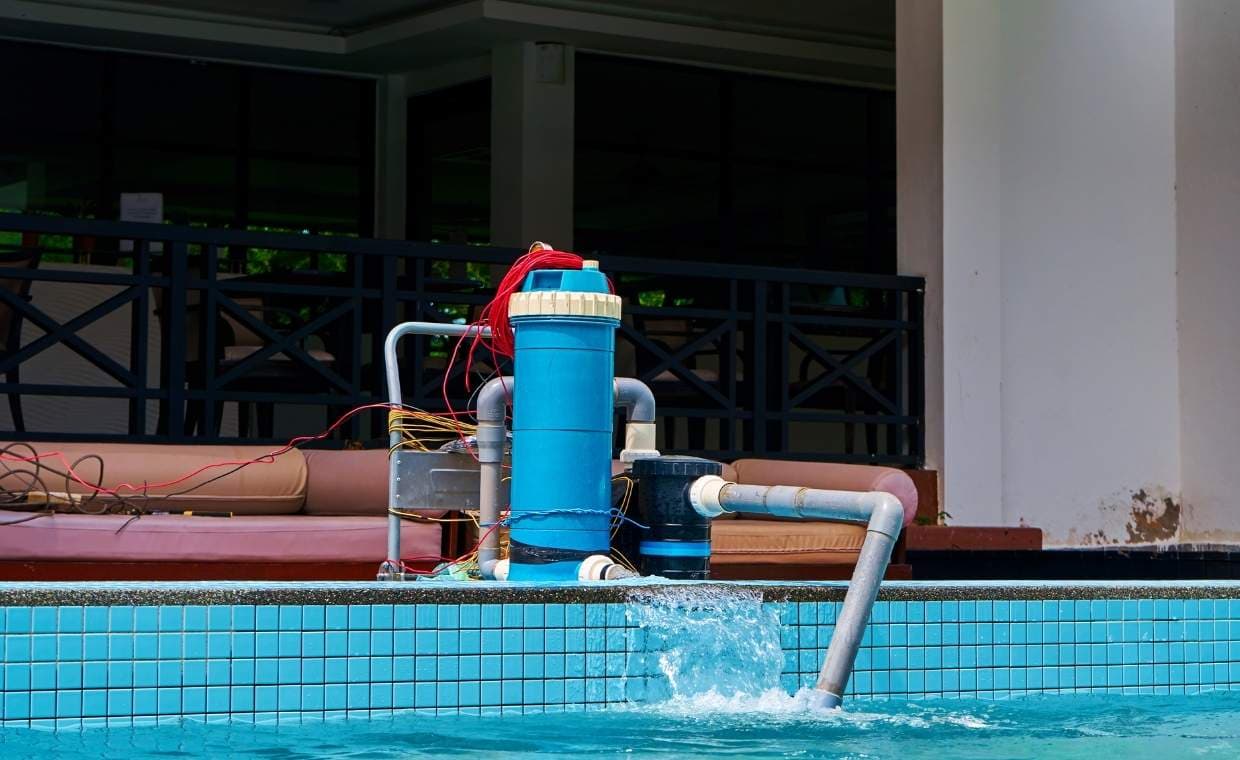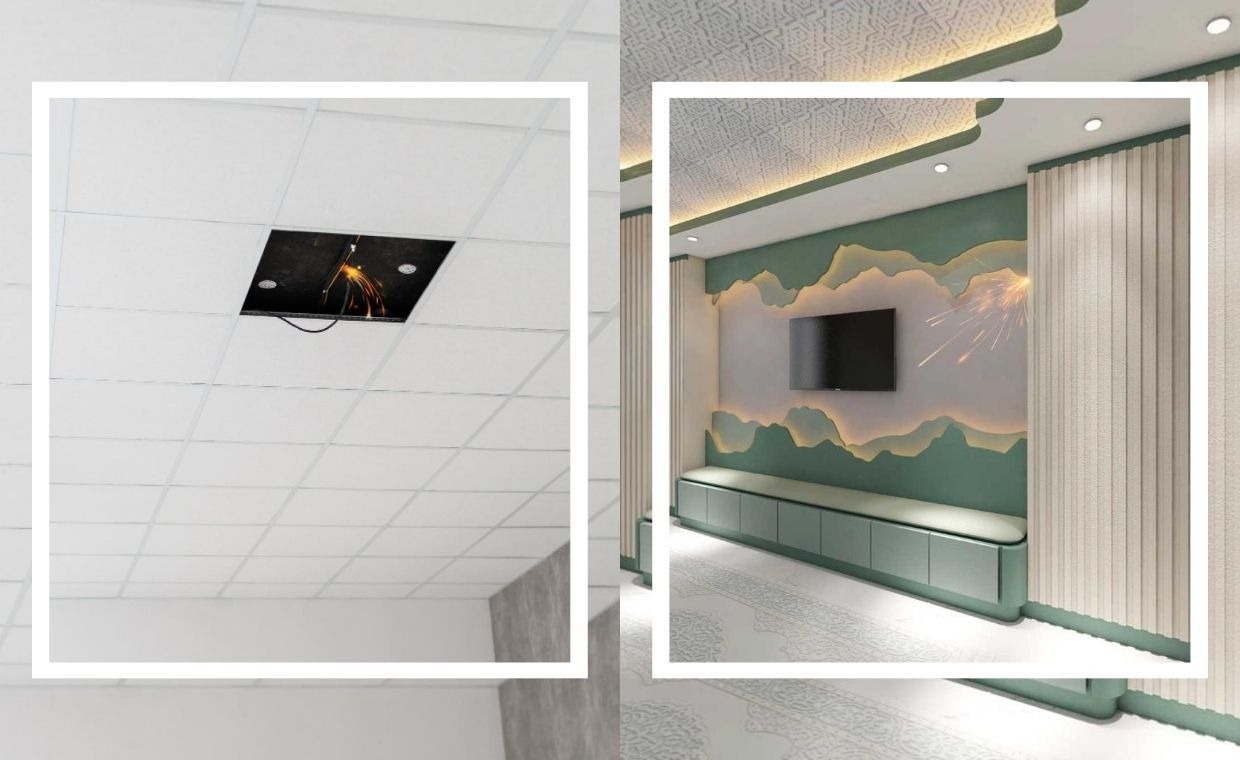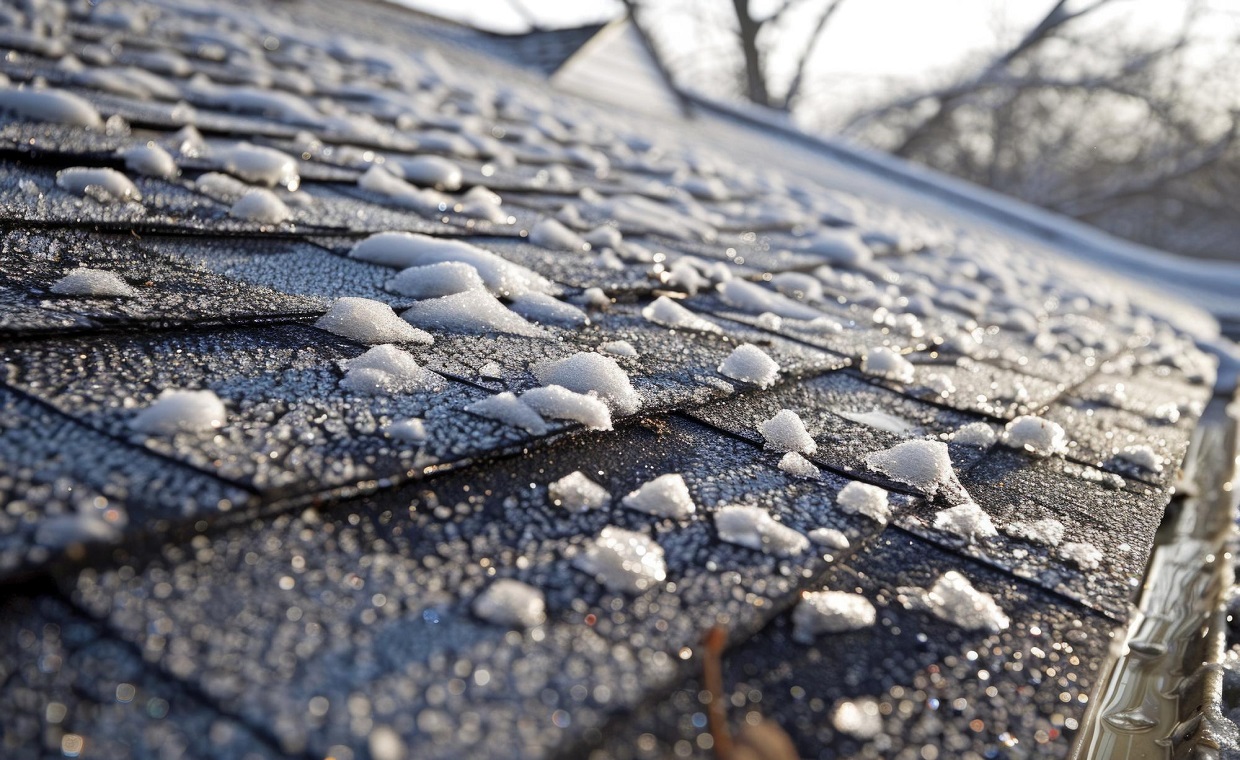
Table of Contents
A well-maintained pool offers a refreshing escape during hot summers and an excellent way to unwind after a long day. However, ensuring a clean, safe, enjoyable swimming experience requires the right equipment. Whether you have an above-ground or inground pool, investing in the right tools can significantly improve water quality, simplify maintenance, and enhance overall comfort.
This guide explores four essential swimming pool equipment that can elevate your swimming experience. By understanding their functions and benefits, you’ll be better equipped to make informed decisions for your pool’s upkeep.
Pool Pump

A swimming pool pump is the heart of your swimming pool’s circulation system. It ensures water flows through the filtration system, helping to remove debris and maintain water clarity. Without a properly functioning pump, your pool water can become stagnant and susceptible to algae and bacteria growth.
The pool pump consists of three main parts: the motor, the impeller, and the housing. The motor powers the pump, the impeller moves the water, and the housing directs the water flow through the filtration system. The pump pulls water from the pool, passes it through the filter, and then returns the clean water to the pool, creating continuous circulation. This process is essential for preventing dirt, bacteria, and algae buildup, ensuring a safe and hygienic swimming environment.
Different Types of Pool Pumps and Their Uses
There are several types of pool pumps, each designed to suit different pool setups:
- Single-Speed Pumps: These pumps run at a constant speed, making them affordable but less energy-efficient. They are ideal for small pools or those with minimal filtration needs.
- Variable-Speed Pumps: These pumps offer multiple speed settings, allowing for energy savings and quieter operation. They are highly efficient and recommended for those looking to reduce electricity costs.
- Dual-Speed Pumps: A balance between single-speed and variable-speed pumps, these pumps offer two settings—low for regular circulation and high for intensive cleaning tasks.
- Above-Ground Swimming Pool Pumps: Designed for above-ground pools, these pumps are smaller, energy-efficient, and easy to install. They provide sufficient circulation without excessive power consumption.
- Inground Swimming Pool Pumps: These pumps are built for larger, deeper pools. They offer more substantial flow rates and are more durable in handling the demands of inground pool filtration systems.
Choosing the right pump ensures your pool stays clean while managing operational costs.
Salt Water Chlorinator – Pool Equipment

Courtesy - Poolset
A salt water pool chlorinator is a device that converts salt into chlorine, providing a consistent and efficient way to sanitise your pool. This system eliminates the need for manually adding chlorine while ensuring the water remains clean and safe.
Unlike traditional chlorination methods that require frequent chemical additions, a salt water chlorinator maintains a steady chlorine level, reducing fluctuations that can lead to cloudy water or algae growth. Many pool owners prefer salt water chlorinators because they offer a more natural and gentle swimming experience, as the water tends to feel softer on the skin and eyes.
The salt water chlorinator operates through electrolysis. Salt is added to the pool water, and as it passes through the chlorinator’s electrolytic cell, it is converted into chlorine. This chlorine sanitises the water before reverting to salt, creating a continuous sanitisation cycle. This process ensures a consistent and controlled release of chlorine, which helps keep the water crystal clear without the strong chemical odour commonly associated with traditional chlorine pools.
Components of a Salt Water Chlorinator
- Salt Water Pool Chlorinator Cell – The key component that converts salt into chlorine. The efficiency and lifespan of the salt water pool chlorinator cell depend on proper maintenance, including routine cleaning to prevent calcium buildup.
- Control Unit – Allows you to adjust chlorine production levels. Some advanced models include digital displays and automated sensors that monitor and maintain optimal chlorine levels.
- Flow Sensor – Ensures the chlorinator operates only when water is circulating. This helps to prevent unnecessary wear and tear on the chlorinator cell and conserves energy.
Switching to a salt water system reduces the need for traditional chlorine, making pool maintenance more convenient while providing softer, less irritating water.
Pool Filter

A pool filter is crucial in trapping dirt, debris, and contaminants, keeping the water clear and hygienic. Without an efficient filter, particles can accumulate, leading to cloudy water and potential health hazards. The filter system continuously circulates and cleans the water, preventing algae growth and ensuring a safe swimming environment.
Pool filters work by pushing water through a filtering medium that captures impurities. The type of filter you choose affects how fine the filtration is and how often maintenance is required. Investing in a high-quality filter improves water clarity and prolongs the life of other pool equipment by preventing debris buildup.
Types of Pool Filters
- Sand Filters – The most common type, using sand to trap debris. They are low maintenance and require backwashing to clean. Ideal for large pools due to their durability and ability to handle high water flow.
- Cartridge Filters – These filters use replaceable cartridges to capture fine particles. They offer excellent filtration, require less water for cleaning, and provide better efficiency than sand filters. However, the cartridges need periodic replacement.
- Diatomaceous Earth (DE) Filters – The most effective option is using DE powder to filter out microscopic debris. They require more maintenance but provide superior water clarity, making them ideal for pools that demand the highest level of filtration.
Selecting the right filter depends on your pool size, maintenance preferences, and filtration needs.
Pool Cleaner

A pool cleaner removes dirt, debris, and algae from the pool surface. It significantly reduces the manual effort required to keep the pool clean, making maintenance more manageable and efficient. Pool cleaners help prevent the buildup of contaminants that can affect water quality and pool hygiene.
Pool cleaners work by vacuuming or scrubbing pool surfaces, with some models having built-in filtration to capture debris separately. Depending on the type of cleaner, they may work autonomously or require some manual operation.
Different Types of Pool Cleaners
- Suction Cleaners: These attach to the pool’s filtration system and move around using suction power. They are cost-effective and suitable for pools with minimal debris. However, they rely on the pool pump, which may increase energy consumption.
- Robotic Cleaners: These are independent units powered by electricity. They scrub, vacuum, and filter the water, providing deep cleaning with minimal effort. While more expensive, they offer superior performance, energy efficiency, and advanced features such as programmable cleaning cycles and remote control operation.
Investing in a quality pool cleaner helps maintain hygiene while minimising manual labour, making pool maintenance effortless.
Also Read: Essential Guide to Swimming Pool Maintenance
Conclusion
Upgrading your pool with the right equipment can enhance water quality, simplify maintenance, and extend the lifespan of your swimming area. Pool pumps ensure proper circulation, salt water chlorinators provide hassle-free sanitisation, pool filters trap impurities, and pool cleaners keep the water pristine with minimal effort.
Whether you own an above-ground or inground pool, selecting high-quality equipment tailored to your needs will transform your swimming experience. By making these smart upgrades, you can enjoy a cleaner, healthier, and more enjoyable pool year-round.
Also Read: How to Properly Open Your Swimming Pool? – 9 Easy Steps






























